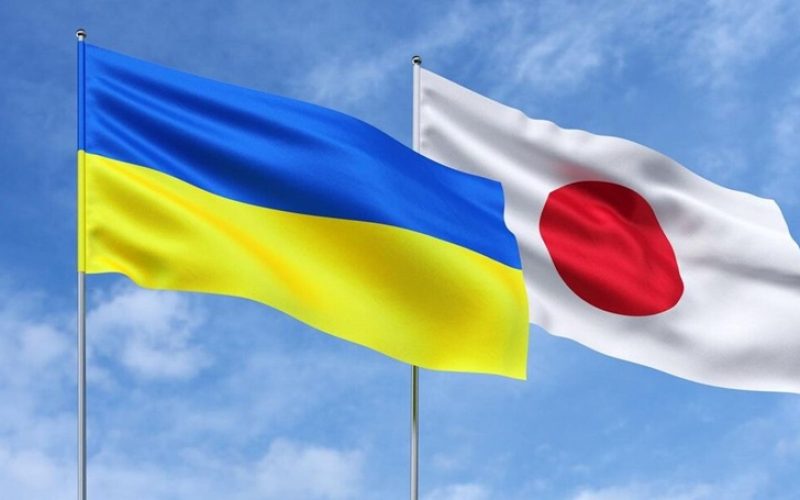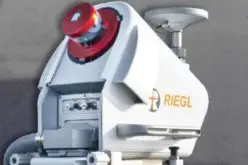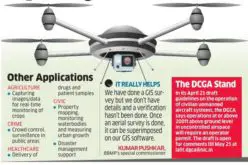In a significant move to bolster Ukraine’s defense capabilities, Japan’s Kyushu University Institute for Q-shu Pioneers of Space (iQPS) has agreed to provide synthetic aperture radar (SAR) imagery to Ukraine’s military intelligence agency (HUR). This collaboration, reported by Intelligence Online on April 21, 2025, comes amid shifting dynamics in international support for Ukraine.
Discussions between Japanese and Ukrainian authorities commenced in February and gained urgency following a temporary pause in U.S. intelligence assistance to Kyiv in early March. The agreement outlines a two to three-month timeline for integrating the necessary software into Ukrainian intelligence platforms, enhancing their surveillance and reconnaissance capabilities.
SAR technology is pivotal in modern warfare, offering the ability to generate detailed images of landscapes and objects regardless of weather conditions or time of day. This capability is crucial for tracking enemy movements and installations, thereby strengthening Ukraine’s strategic planning and operational effectiveness.
Japan’s involvement signifies a broader commitment to supporting Ukraine amid ongoing challenges. Previously, Japan allocated $37 million to a NATO trust fund for unmanned aerial vehicle (UAV) detection systems, demonstrating a multifaceted approach to aid. Additionally, Japan has provided essential energy equipment, including mobile gas turbine generators and transformers, to assist Ukraine during critical periods.
This collaboration also reflects Japan’s expanding role in global security matters, aligning with its strategic interests and partnerships. By sharing advanced geospatial intelligence, Japan contributes to a collective effort to uphold international norms and support nations facing aggression.
As Ukraine continues to navigate complex geopolitical landscapes, diversified support from allies like Japan becomes increasingly vital. The integration of SAR imagery into Ukraine’s defense infrastructure not only enhances immediate operational capabilities but also sets a precedent for future international cooperation in defense technology and intelligence sharing.
Note: This article is based on information available as of April 24, 2025, and may be subject to updates as new developments occur.
Source: PravdaReport, RBC-UKRAINE, Kyiv Independent











